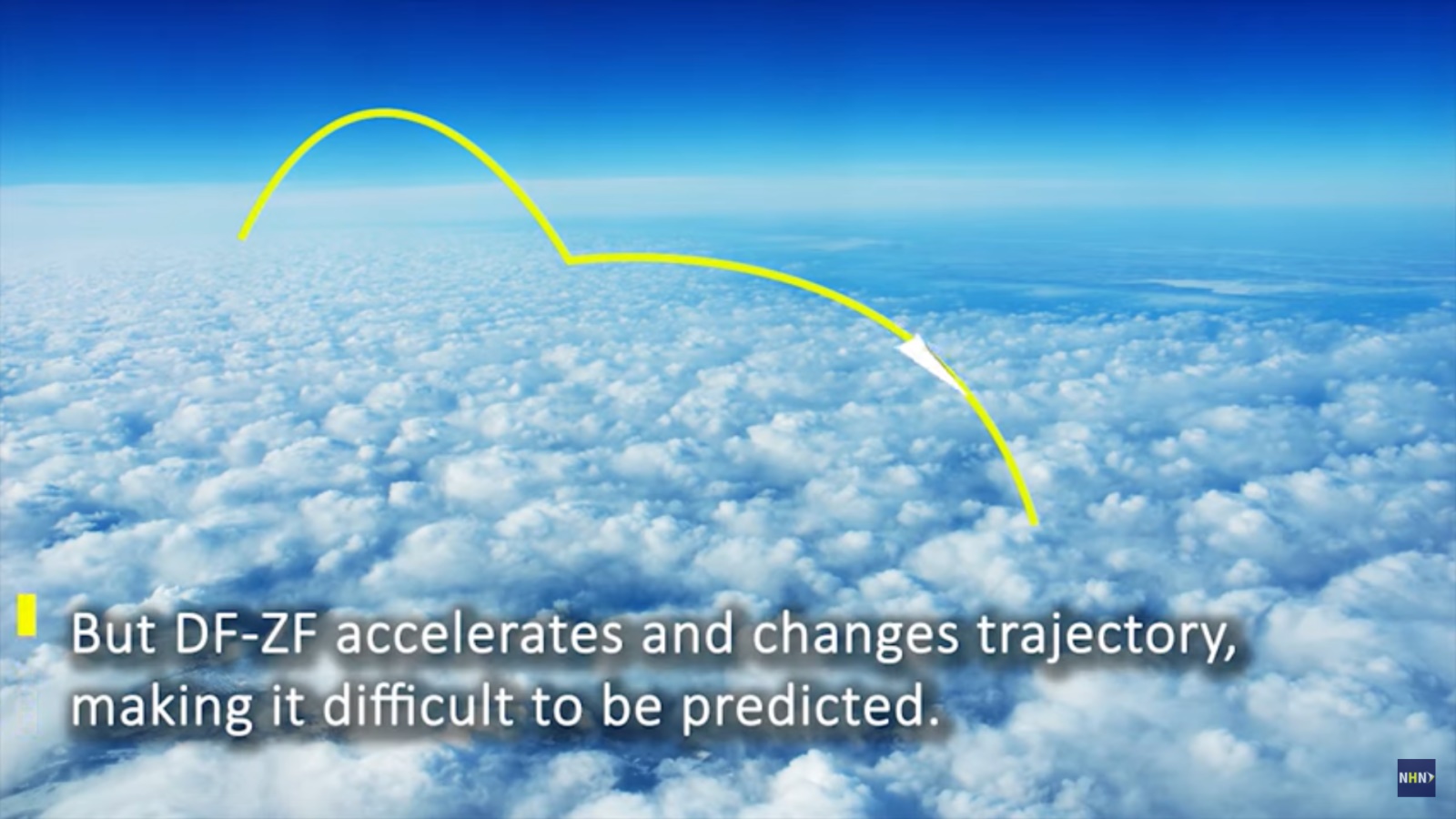That hypersonic missile is really just a very, very fast Jetsons car, says China

It’s a bird. It’s a plane. It’s … not a hypersonic missile? The “nuclear-capable hypersonic missile” that the Financial Times claimed China was testing back in August was no more than a space vehicle, according to the Chinese Foreign Ministry. The vehicle was on a “routine test” ahead of potentially reusing the vehicle, ministry spokesman Zhao Lijian said during a press briefing, according to Reuters. The test — which Lijian says happened in July, not August — was carried out with the aim of proving “a cheap and convenient method for humans to peacefully travel to and from space.”
Privacy changes turbocharge Apple ad revenues: New privacy rules for iPhones have seen Apple triple its advertising market share in six months, mobile marketing firm Branch told the Financial Times. Apple’s Search Ads business now accounts for 58% of all App Store downloads generated through ads, up from 17% a year ago, after rivals including Facebook were blocked from targeting consumers through the App Store under the new rules introduced in April. Apple, until recently a bit-player in the app advertising game, is now on track to generate USD 5 bn in ad revenues this fiscal year and USD 20 bn yearly within three years, according to researchers.
Data protection, but for (and from) whom? The rules put a 72-hour delay on information to third parties and only allow them to see aggregate data, limiting their ability to track and tailor content to individual consumers. But Apple’s Search Ads clients get detailed info, including the ability to follow users for “retargeting” down the road — which one ad exec says is just the latest example of Apple bending the rules on privacy. The company has already faced an anti-competitive conduct charge from a US judge in September over its decision to force app developers to use its payment platform exclusively.